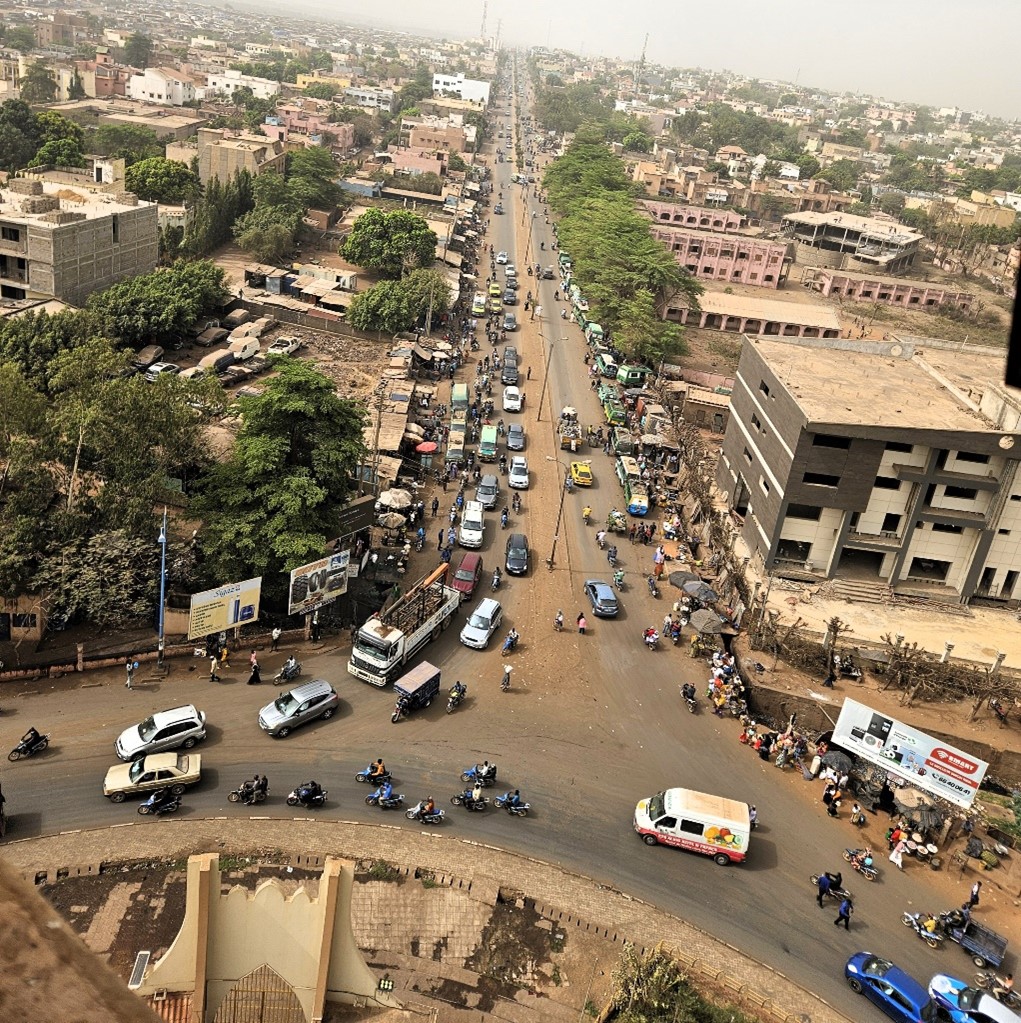Projects

ALIS Project
ILS LEDA is part of the ALIS project, “Access to Work and Social Inclusion for Malian Youth”, a project financed by the Italian Agency for Development Cooperation, and managed by the NGO WeWorld-GVC, leader of the consortium made up of L.V.I.A, CISV, Hydroaid, APEJ and COGEVAD C VI. in the Commune VI of the Bamako district (Mali). In particular, ILS LEDA supports the project as technical expert contracted by We World.
The project has a duration of 36 months.
Context
There is a clear link between youth unemployment, insecurity and migration to Europe. Since the 2012 crisis, young Malians have been living in a situation of growing precariousness, in a fragile socio-economic system unable to respond to the effects of population growth and climate change. The COVID-19 crisis has exacerbated these problems. In particular, the urban area of Bamako, due to its high youth unemployment rate, is the area of origin of Malian migrants in Europe, of destination for returning and of passing.
Objective of the Action
Through a multi-actor partnership and the support of public-private partnerships, the ALIS project supports the Municipality 6 of Bamako so that it is able to increase urban socio-economic inclusion and the protection of its population, with particular regard to vulnerable groups (GV) such as young people, women, displaced persons and returning migrants, with a multi-sectoral intervention in line with Sustainable Development Goals 4, 8, 10 and 11.
Methodology
The project, through the REsources for Sustainable COmpetitiveness (RESCO) methodology of WW-GVC, supported by the technical expertise of ILS LEDA, and the experience of CISV in the sector, will favour the development of the production ecosystem by supporting virtuous value chains, identified using multi-actor methodologies, supporting the creation of opportunities and access to employment in micro and small enterprises for GVs (SDG 8, target 8.6), favouring the start-up and economic growth of 80 Small and Micro enterprises, activating an assistance desk for business supports.
Expected results
Given the high rate of youth unemployment in Bamako, WW-GVC in collaboration with the APEJ (Agence de Promotion de l'Emploi de la Jeunesse), will increase the technical and professional skills of the GVs in order to increase their ability to access to the labour market, ensuring, on the one hand, individual assistance (personalized support paths, 500 scholarships, technical training and soft skills) and, on the other, structural support to 12 Vocational Training Centres (CFP) and will activate a career guidance desk (SDGs 4, target 4.4). The desk will act as a link with youth associations and will be responsible for selecting 500 young scholarship recipients and 2000 young people to be trained in soft skills useful for job search.
Youth employment will also be supported through the development of the urban waste collection chain, considered virtuous both from an economic, social and environmental point of view. The intervention will allow the Municipality 6 of Bamako to have a more liveable, healthier and better equipped urban environment and prepared to sustainably resist the effects of climate change, helping to improve access to sanitation for all (LVIA, COGEVAD and Hydroaid will support 31 Economic Interest Groups, which carry out door-to-door collection by increasing the coverage of the service, to reach 480,000 people (+ 120,000) and will carry out community hydraulic works (100 wells and 2500 meters of canals drainage) for the improvement of rainwater and wastewater disposal (SDG 11, target 11.6).
In order to respond to the most urgent needs of the most vulnerable population (returning migrants and internally displaced persons), WW-GVC will support community and individual protection services that favour, at the territorial level, the implementation of planned and well managed migration policies (SDG 10, target 10.7). The use of the Community Protection Approach (CPA), a methodology conceived and developed by WW-GVC, will allow displaced persons, returning migrants and local authorities of Municipality 6 to acquire greater knowledge and sensitivity towards issues of inclusion and protection. Communities and institutions will be equipped with the necessary tools for an active involvement of citizens in the activation of policies aimed at improving protection through the conception and financing of Community Protection Plans.
